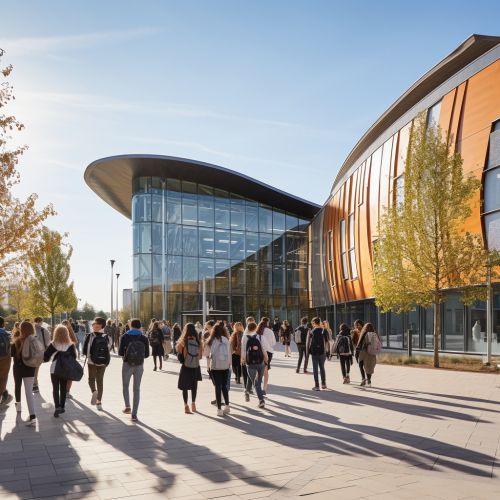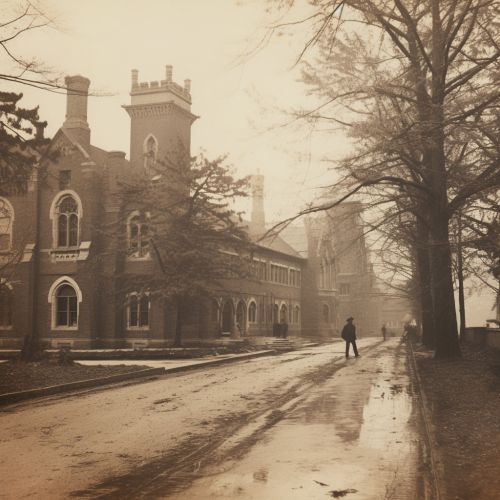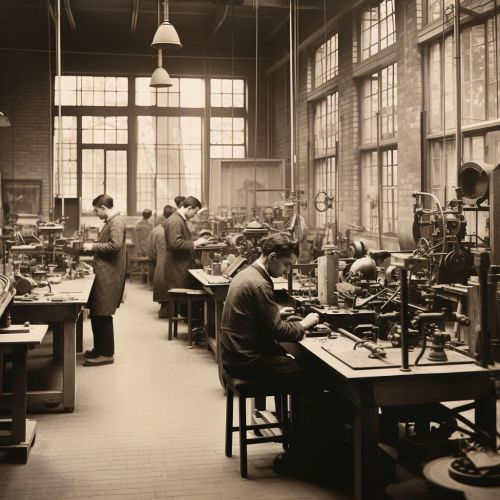Polytechnic School
Overview
A Polytechnic School is a type of educational institution offering courses in various applied sciences and technical subjects. These schools are known for their focus on practical training and hands-on learning, often in fields such as engineering, technology, and applied sciences. Polytechnic schools can be found worldwide, and their programs often lead to diplomas, advanced diplomas, or degrees.


History
The concept of the polytechnic school originated in France during the French Revolution. The École Polytechnique, established in 1794, was one of the first institutions of its kind, focusing on training engineers for the military. The model of the polytechnic school spread throughout Europe in the 19th century, with countries such as Germany, Switzerland, and the United Kingdom establishing their own versions of these institutions. In the 20th century, polytechnic schools expanded globally, with many countries, including those in Asia, Africa, and the Americas, establishing their own polytechnic institutions.


Curriculum
The curriculum at a polytechnic school typically emphasizes applied learning and practical skills. Students often engage in laboratory work, internships, and cooperative education programs. The curriculum is often designed in consultation with industry professionals to ensure that the skills taught are relevant to the job market. Programs of study can range from engineering and technology to business, health sciences, and applied arts.


Admission and Graduation
Admission to a polytechnic school often requires a high school diploma or equivalent, and some programs may require specific prerequisite courses or skills. Graduation requirements typically include successful completion of coursework and practical training. Some programs may also require a capstone project or thesis. Graduates of polytechnic schools often receive a diploma, advanced diploma, or degree, depending on the length and level of the program.


Role in Society
Polytechnic schools play a crucial role in society by providing practical, job-oriented education. They help to meet the demand for skilled professionals in various industries, particularly in fields such as engineering, technology, and applied sciences. Polytechnic schools also contribute to economic development by fostering innovation and entrepreneurship.


Criticisms and Challenges
Despite their many benefits, polytechnic schools also face criticisms and challenges. Some critics argue that these institutions focus too much on practical skills at the expense of theoretical knowledge. Others express concern about the quality of education at some polytechnic schools, particularly in developing countries. Polytechnic schools also face challenges related to funding, faculty recruitment, and keeping up with rapid changes in technology and industry needs.


Future Trends
The future of polytechnic schools is likely to be shaped by trends such as increasing demand for technical skills, the rise of online and blended learning, and the need for lifelong learning. Polytechnic schools may also play a key role in addressing global challenges such as climate change, sustainable development, and the digital divide.


